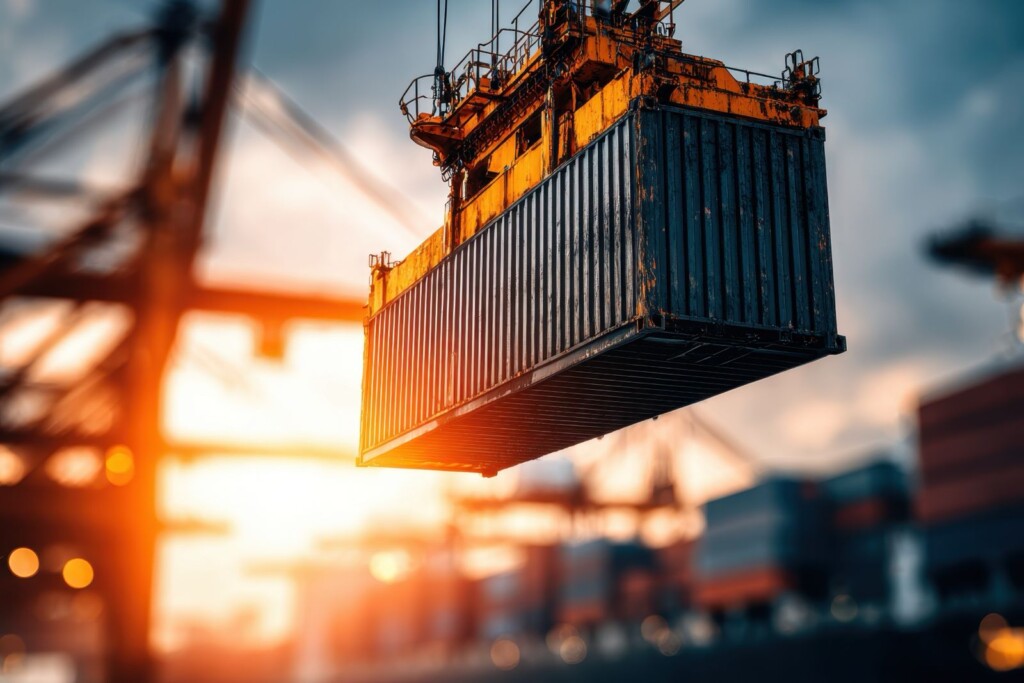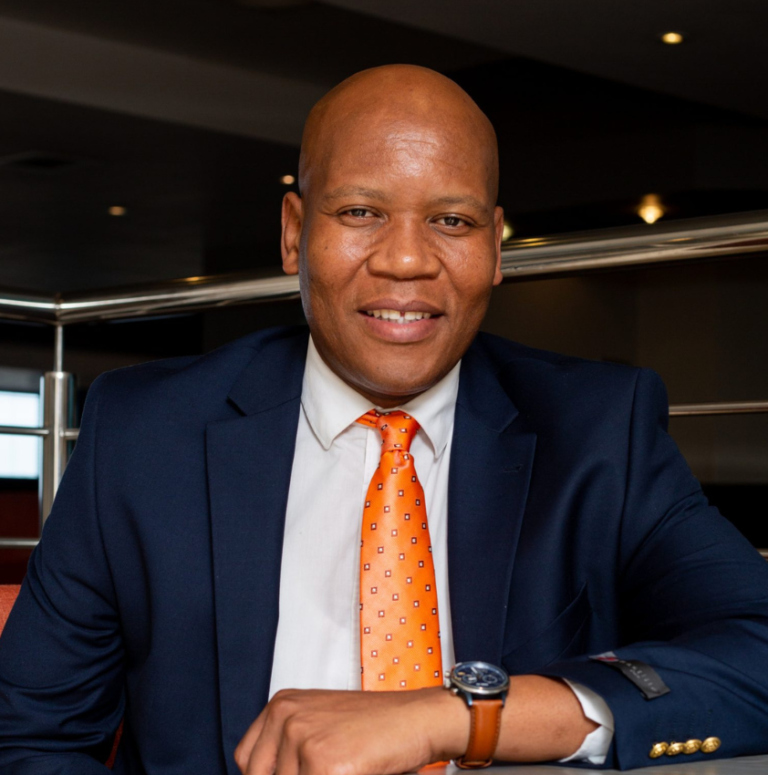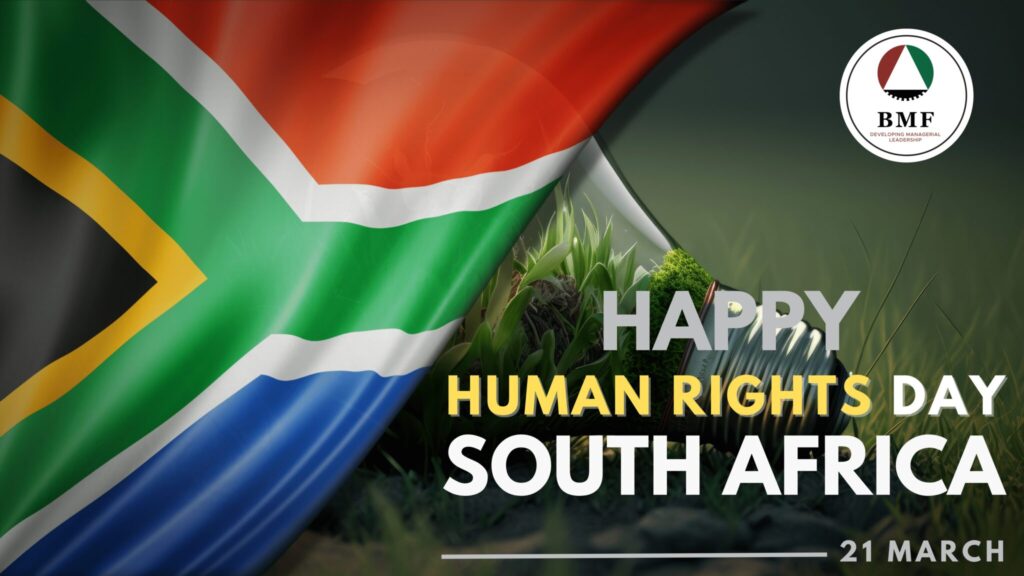The Oceans Economy – SA’s Next Industrial Frontier

In a country where the oceans generate R130 billion annually but rural poverty persists at 70%, the question is not whether the blue economy has potential—it’s whether that potential will reach the people who need it most. For the GNU, the 2026 elections will be a referendum on delivery, not policy.
Few South Africans outside coastal regions stop to consider the oceans economy as a serious lever of economic change. It’s often treated as niche—something for ports, logistics companies, or tourism brochures. But that perception is not only limiting; it is dangerous. The blue economy encompasses industries such as maritime transport, aquaculture, offshore renewable energy, marine tourism, and coastal manufacturing. Together, these contribute over R130 billion annually to South Africa’s GDP and hold the potential to create up to one million new jobs by 2033.
Despite this, access to opportunity within the oceans economy remains deeply unequal. In the Eastern Cape—a province defined by both coastal access and rural marginalisation—the divide is stark. Less than 20% of maritime contracts go to Black-owned SMMEs, women hold only 22% of senior roles in the sector, and just 15% of aquaculture ventures are Black-owned. Fewer than 5% of rural youth access maritime training through SAMSA. This isn’t about capacity—it’s about access. And until we design pathways that connect the oceans economy to the rural majority, we will continue to entrench coastal privilege over national equity.
Amathole District Municipality offers a cautionary case. Despite being adjacent to national logistics infrastructure like Ngqura Port and the Coega SEZ, Amathole remains under financial intervention with a R2.5 billion water infrastructure deficit. Its proximity to economic opportunity has not translated into participation. This is not a failure of geography. It is a failure of design.
The implications go beyond the Eastern Cape. The concentration of blue economy benefits in select urban nodes mirrors South Africa’s broader economic spatial inequality. The country has historically pursued industrialisation strategies that favour metropolitan centres, leaving rural and peri-urban areas undercapitalised and underconnected. But if the blue economy is to be the next industrial frontier, it must start where the need is greatest—and that is in districts like Amathole, OR Tambo, and Alfred Nzo.
To realise the equity potential of the oceans economy, three strategic shifts are needed. First, institutions must embed accountability for transformation outcomes—not just budget spend. This includes public dashboards tracking black supplier contracts, and performance agreements that tie government investment to measurable equity goals. These tools can ensure that state investment doesn’t merely circulate within established networks but acts as a conduit for economic participation.
Second, we must rewire the talent pipeline. Rural districts need to be at the centre of maritime training and entrepreneurship programmes—not an afterthought. Skills development must be integrated with placement pipelines and incubator infrastructure that connects training to contracts. Institutions such as the South African Maritime Safety Authority (SAMSA), Sector Education and Training Authorities (SETAs), and local municipalities must collaborate on rural-first strategies that make maritime careers visible, viable, and valuable to young people far from the coastline.
Finally, market access must become a right, not a favour. Ports and coastal value chains should be governed by procurement quotas that open the door to Black, women-led and youth-run enterprises—particularly from underrepresented inland and rural regions. Without deliberate procurement reform, the blue economy will reproduce the same exclusionary patterns that plague other high-growth sectors.
This is not theory. The foundations already exist. Operation Phakisa has mobilised over R170 billion in investment. Coega alone sustains 10,000 direct jobs. The offshore wind potential along the Eastern Cape coast is enough to power the province twice over. Seaweed farming, an emerging sector, could generate R5 billion in revenue annually. The issue isn’t opportunity—it’s ownership.
And ownership starts with alignment. Between national policy and local capability. Between coastal infrastructure and rural economies. Between what the state builds and what the people can access. The GNU’s promise of inclusive growth must take root here. For this to happen, political will must be matched with institutional courage.
If the blue economy is approached with the same centralised, compliance-heavy mindset that has hamstrung other transformation efforts, it will fall short. Instead, we need a decentralised model that gives district municipalities a role in designing and driving blue economy interventions. This could include municipal blue economy funds—seeded through conditional debt relief—that support local entrepreneurs and cooperatives to enter the maritime value chain. We cannot build a truly inclusive economy if rural governance is bypassed. As we head into the 2026 local elections, the blue economy cannot be left to port authorities and planning documents. It must be reclaimed as a national priority with rural delivery at its core. This is not about expanding a niche—it’s about unlocking a frontier.
When a young woman in Butterworth supplies sustainable packaging to Ngqura, when a graduate in Alice is trained to install offshore wind farms, when a small-scale aquaculture business in Mthatha exports seaweed to Asia—we are not just transforming GDP figures. We are transforming the social contract.
The tide is rising. The question is not whether South Africa will ride it. The question is: who will own the ships?

About the Author
Dr. Bhekisisa Mthembu is a corporate strategist, author, and social entrepreneur committed to driving socio-economic change. He serves as a board member of the Black Management Forum and as the Provincial Chair of the Eastern Cape.






Responses